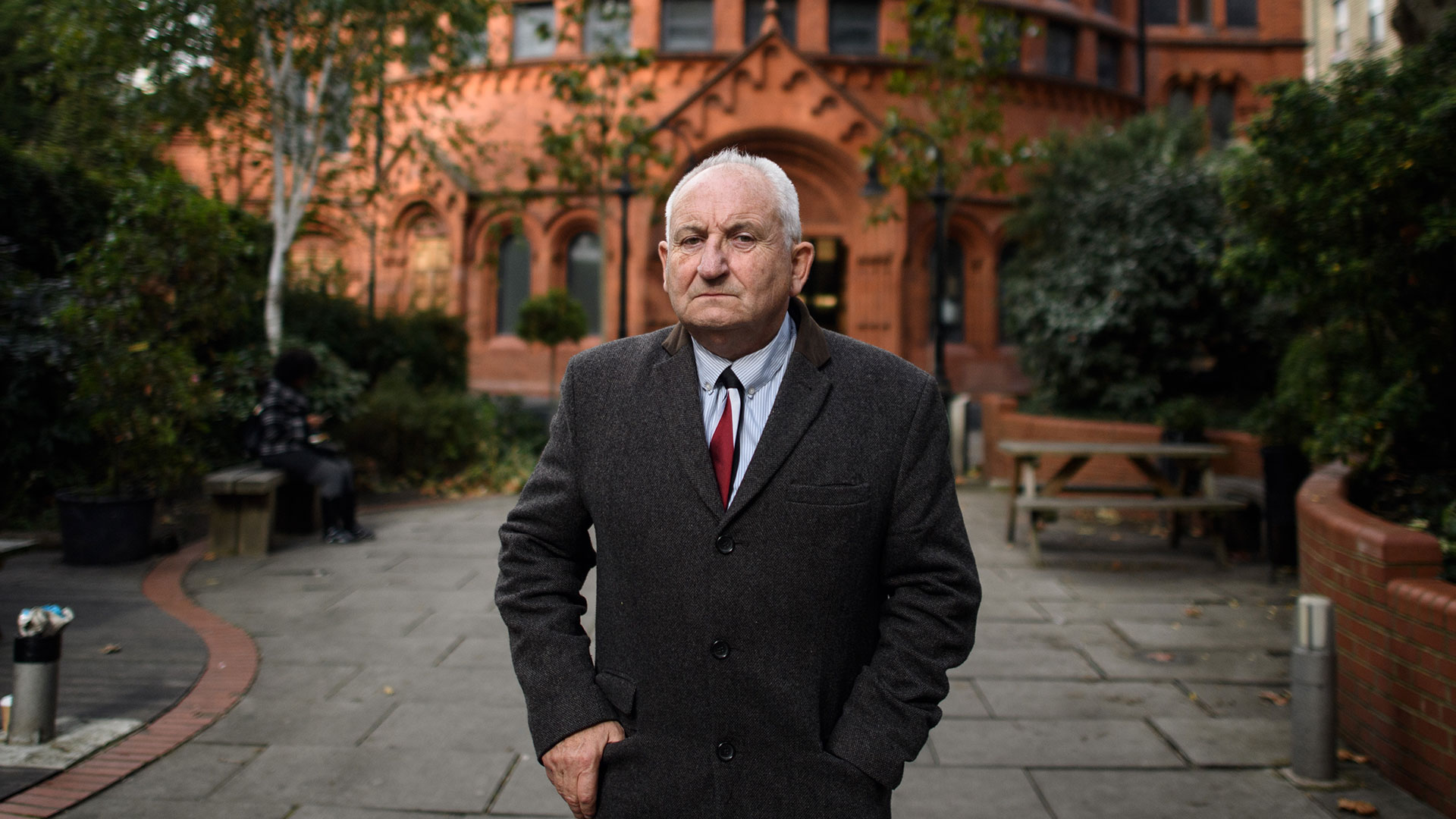The nationalisation of poverty replaced what formerly was a religious task. Priests, monks and nuns concerned themselves chiefly with the care and repair of the poor. As well as the education and social training, and at times the labour of the needy.
For God in his infinite wisdom – who are we to know its key – deigned that there should be poor people. And obliged his nobler children to look after his needy children.
Of course Henry VIII’s reform of all that by closing monasteries and driving religion out of everyday life put the kybosh on social succour. So then the parish got brought in, and then more so the state.
Over centuries poverty was one of the earliest “industries” to increasingly be taken over by the state. And now we have reached the state spending about a third of its nearly £1 trillion income on some form of need relief.
Being poor often means making the most, carefully, out of the least
The 20th century was the period of mass mobilisation of poverty programmes by the state. Two world wars brought most people into contact with government. An at-times distant presence came into the lives of all, and the poorer you were the more the state seemed to be covering your back, picking you up, dusting you down; and feeding you, educating you and curing you.
To think of it: up until the 1866 Education Act, if you kept your nose clean, you might never actually feel the effects of government in your everyday life. Then with the Education Act it built on the poor acts and laws which only brought you into contact with “officialdom” if you were financially incontinent. In other words, if you were broke.









